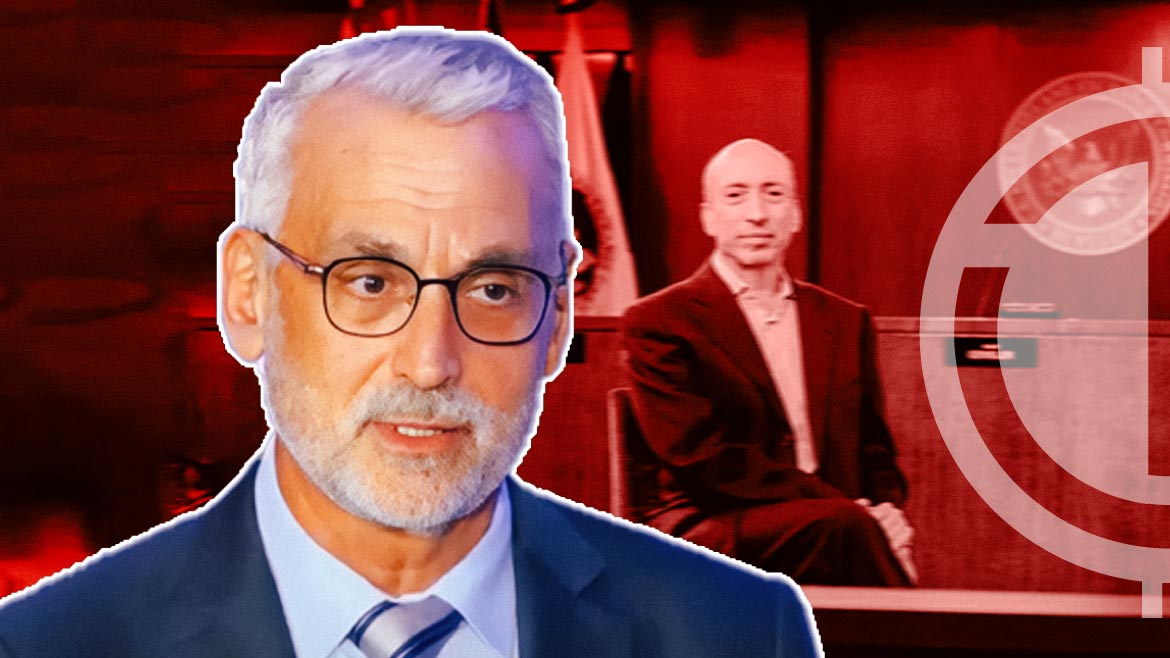In the wake of a controversial open letter from the Blockchain Association, Ripple’s Chief Legal Officer, Stuart Alderoty, has voiced his support for the association’s position. In a tweet, Alderoty called the letter a “must-read,” pointing out that SEC Chair Gary Gensler’s public statements have legal consequences and that the commission should be held accountable.
Highlighting the situation, Alderoty tweeted:
This is a must read from the @BlockchainAssn. Chair Gensler's statements have legal consequences and the Commission should be held to account. https://t.co/LMDuk6YP8S
— Stuart Alderoty (@s_alderoty) June 29, 2023
The Blockchain Association’s open letter suggests that, according to federal law, Gensler needs to remove himself from matters concerning digital assets. The association alleged that Gensler overstepped his bounds granted by Congress, showing clear prejudice against the crypto industry, a claim that was backed by Ripple and LBRY earlier this year.
The Association further criticized Gensler’s leadership for its refusal to create rules and guidelines that clarify how securities laws apply to different products or services in the crypto industry. They argued that this lack of clarity makes it hard for investors, entrepreneurs, and the public to navigate the regulatory landscape confidently.
Jake Chervinsky, the Blockchain Association’s Chief Policy Officer, has also spoken out against Gensler’s handling of digital asset-related enforcement matters. Chervinsky asserted that Gensler’s seeming bias against digital assets means that he should recuse himself from these enforcement decisions. He stated that if Gensler does not voluntarily recuse himself, enforcement targets might raise the issue of his recusal in SEC proceedings and federal courts.
In a detailed Twitter thread, Chervinsky further outlined his concerns, accusing Gensler of wrongly prejudging all digital assets (except Bitcoin) as securities. He criticized this as a broad-brush approach that overlooks the nuanced “facts and circumstances” of each case, thus violating the Wells process—a mechanism in SEC enforcement actions meant to ensure impartiality.
Chervinsky went on to argue that when a commissioner prejudges the facts of a case in advance, they are legally required to recuse themselves. He claimed that Gensler’s apparent bias taints the entire enforcement action, undermining the fairness of the process and violating the rights of the defendants. He also suggested that Gensler’s previous actions involving digital assets should now be invalidated, and he should be disqualified from future ones.
In his concluding remarks, Chervinsky emphasized the significance of the SEC’s enforcement function’s impartiality, crucial to the agency’s mission and the protections provided by the Wells process. He hopes that their efforts could help uphold the just and equitable administration of securities laws.






